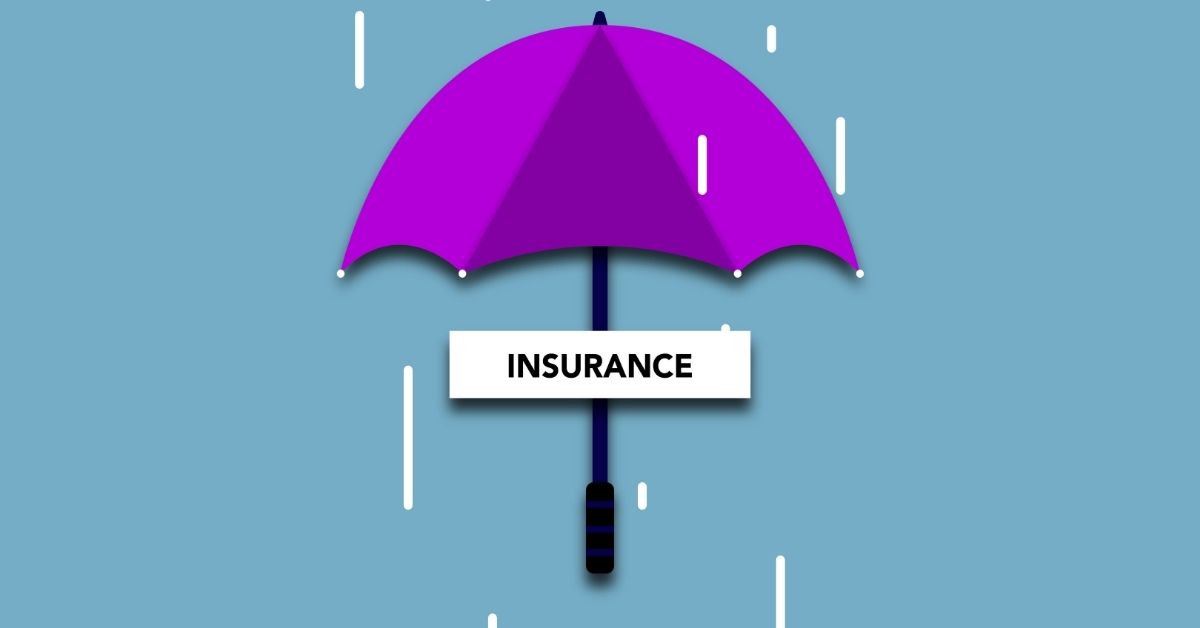No matter what kind of coverage you buy, term life insurance plans give your dependents financial stability. A sum assured will be given to the nominee if the life guaranteed passes away while the policy is in effect. You must select an acceptable sum assured amount if you want a life insurance plan to benefit your nominee. Risk cover is a type of long-term insurance that provides financial security against the most unpleasant occurrences in life, including death and loss of income for the household. The true worth of a risk cover is occasionally only
realised when one is confronted with an actual catastrophe that requires an insurance claim.
Risk Cover Policy- All You Need To Know
What is risk coverage? Risk insurance deals with the possibility of something negative or unexpected incident, such as the loss or damage of a person’s valued assets or an injury or death. The insurers evaluate these risks and determine the premium that the policyholder must pay as a result.
Tips For Determining The Correct Risk Cover
While getting a term life insurance policy is necessary, choosing a proper life cover is much more crucial. Therefore, you should take into account the parameters listed below while selecting the sum assured:
- Current Annual Income: It’s crucial to consider your current yearly income when choosing your amount assured because the payout from a life insurance plan can serve as an income replacement in the case of the policyholder’s death. Selecting a sum assured that at least matches 10 times your current annual income is highly advised.
- Monthly Expenses: The sum assured that you select when you buy your insurance is related to the premium that you must pay each month. You will have to pay a hefty premium if you choose a high sum assured. Decide how much you can afford to pay for the premium by adding up your monthly costs.
- Inflation: Considering inflation while choosing the sum assured, given how quickly living expenses have been rising each year, is critical. The sum assured you decide on now needs to be adequate to cover the needs of the beneficiary in the future.
- Debts And Liabilities: To accurately determine the appropriate risk cover, you must determine how much you owe creditors/lenders in the form of financial obligations and debts. The amount of assurance you choose should be enough to cover all of your debts without burdening your loved ones.
- Assets And Investments: Before choosing the sum assured, make sure to determine the entire value of all your assets and investments. You don’t have to select a high-risk cover if you have enough savings and investments. On the contrary, you will have to choose a considerable sum ensured following your lack of adequate savings or investing.
- Future Obligations: The sum insured, which will be paid upon the policyholder’s passing, will assist the policyholder’s heirs in covering both immediate and long-term expenses. So, you must consider future responsibilities like your child’s educational demands, wedding-related costs, family healthcare needs, etc., when choosing the sum assured.
What Are Some Of The Other Things To Consider?
These are some of the things you should also think about the following while buying a life insurance policy:
- Policy Tenure: Ideally, the policy term you choose should be long enough to provide all the coverage you require. Usually, policy buyers choose a policy tenure that corresponds to the years they would be employed. But, a whole life plan, which will give coverage for your entire lifetime, is an option if you desire coverage for a longer period.
- Enhancements: Throughout specific significant life milestones, several insurance companies give policyholders a choice to increase the sum assured. This choice is a good idea because you may have to raise your risk coverage if you opt for marriage or have a child.
- Riders: Insurance companies typically supply riders to policy customers so they can tailor the policy to match their needs precisely. As a result, when searching for an insurance policy, pay attention to the riders that an insurance company offers.
- Age Restrictions: Insurance companies often set age restrictions for all insurance products. As the policy tenure is based on the maximum maturity age, you must verify the entry age and maturity age of a policy.
- Premiums: Several variables, including the age of the policy buyer, the length of the policy, the choice of risk cover, the addition of riders, etc., affect premium prices. When buying a policy, the best course of action is to examine numerous options to discover the one with the most affordable premiums.
In conclusion, a big financial choice is buying a life insurance policy. Choose the appropriate term insurance premium calculator, policy type, adequate risk cover, and an appropriate policy term to ensure that you, as well as your nominee, can get the most from the coverage.



